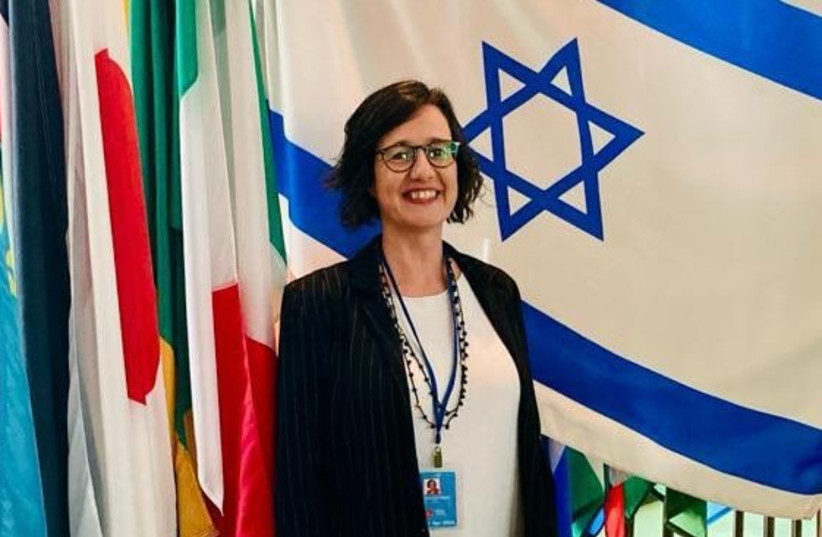Professor Daphna Hacker, Israel's candidate for the United Nations Committee on the Elimination of All Forms of Discrimination Against Women (CEDAW), was elected today by a majority of 115 countries in the General Assembly to a four-year term on the committee.
About Professor Hacker
Prof. Hacker is on the law faculty at Tel Aviv University, and the head of the Women and Gender Studies Program at the Faculty of Humanities. She was a board member of the Israeli Women's Network and the head of the Steering Committee of the Knowledge Center on Women and Gender, on behalf of the Ministry of Science and Technology. She was also a founding member of Itach-Maaki Women Lawyers for Social Justice.
Hacker's legal research primarily focused on family law as it intersects with gender issues; she teaches several law courses including Families and Globalization and Feminist Jurisprudence.
UN Committee on the Elimination of All Forms of Discrimination Against Women

CEDAW is a body of experts on women's rights that monitor the implementation of the 1979 Convention on the Elimination of All Forms of Discrimination against Women. To date, nearly 200 nations have ratified the convention, making them legally responsible (per the website of the UN Office of the High Commissioner) for:
- Eliminating all forms of discrimination against women in all areas of life
- Ensure women's full development and advancement in order that they can exercise and enjoy their human rights and fundamental freedoms in the same way as men
- Allow the CEDAW to scrutinize their efforts to implement the treaty by reporting to the body at regular intervals.
So far, the committee has overseen the development of women's citizenship, inheritance and property rights in Botswana, Japan, Tanzania and Costa Rica. It also managed the introduction of a law on gender equality in Mongolia and a law prohibiting sex-based discrimination in land access in Rwanda.
Fighting against violence
CEDAW is concerned not only with women's legal rights, but also with reducing violence against women worldwide. It oversaw the implementation of domestic violence laws in Turkey, Nepal, South Africa and the South Korea, as well as the criminalizing of all forms of violence against women in Burkina Faso and femicide in Panama. What is more, they are involved in Canada's national inquiry into missing and murdered indigenous women, and the creation of anti-trafficking laws in Ukraine and Moldova.
